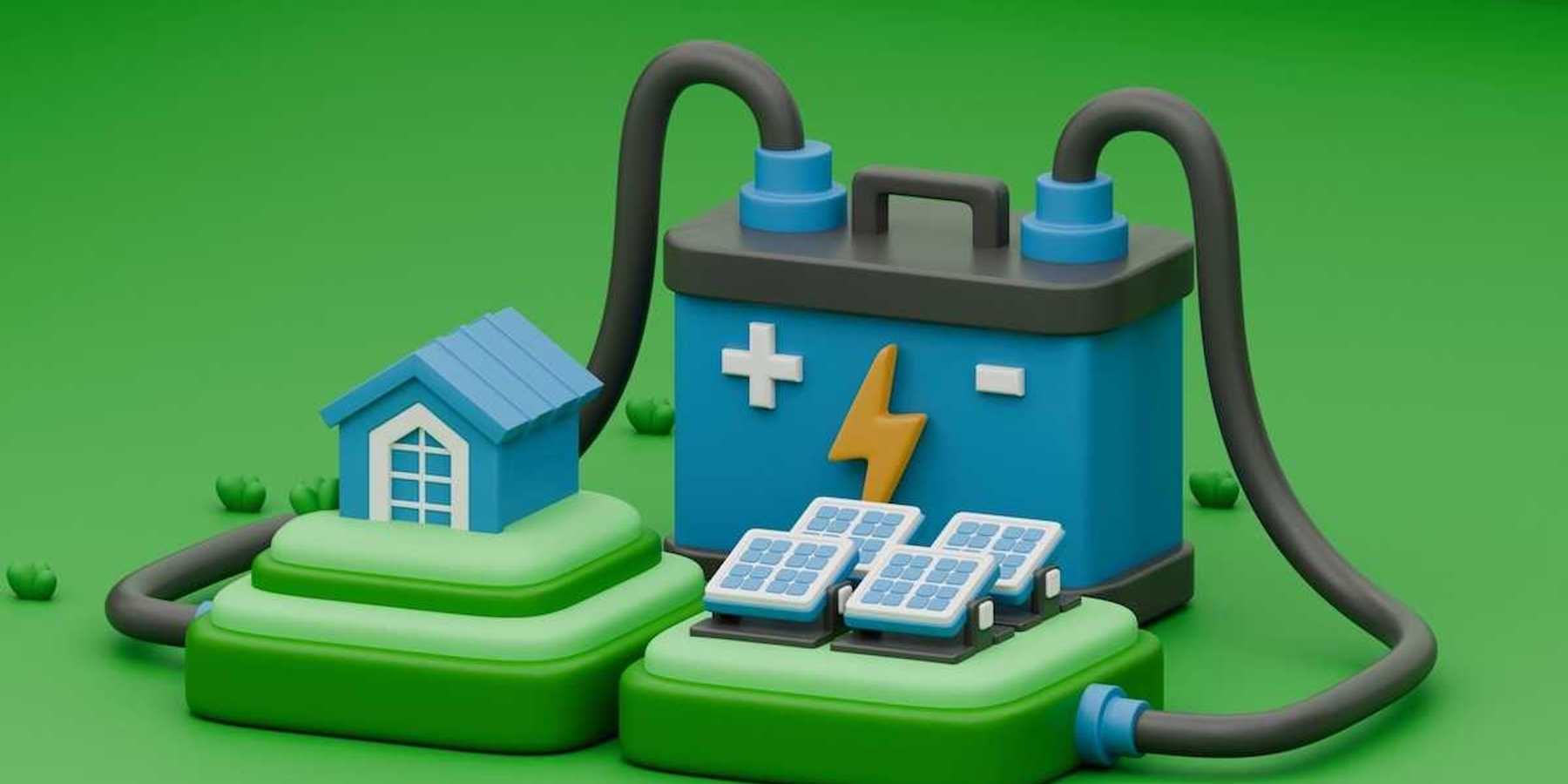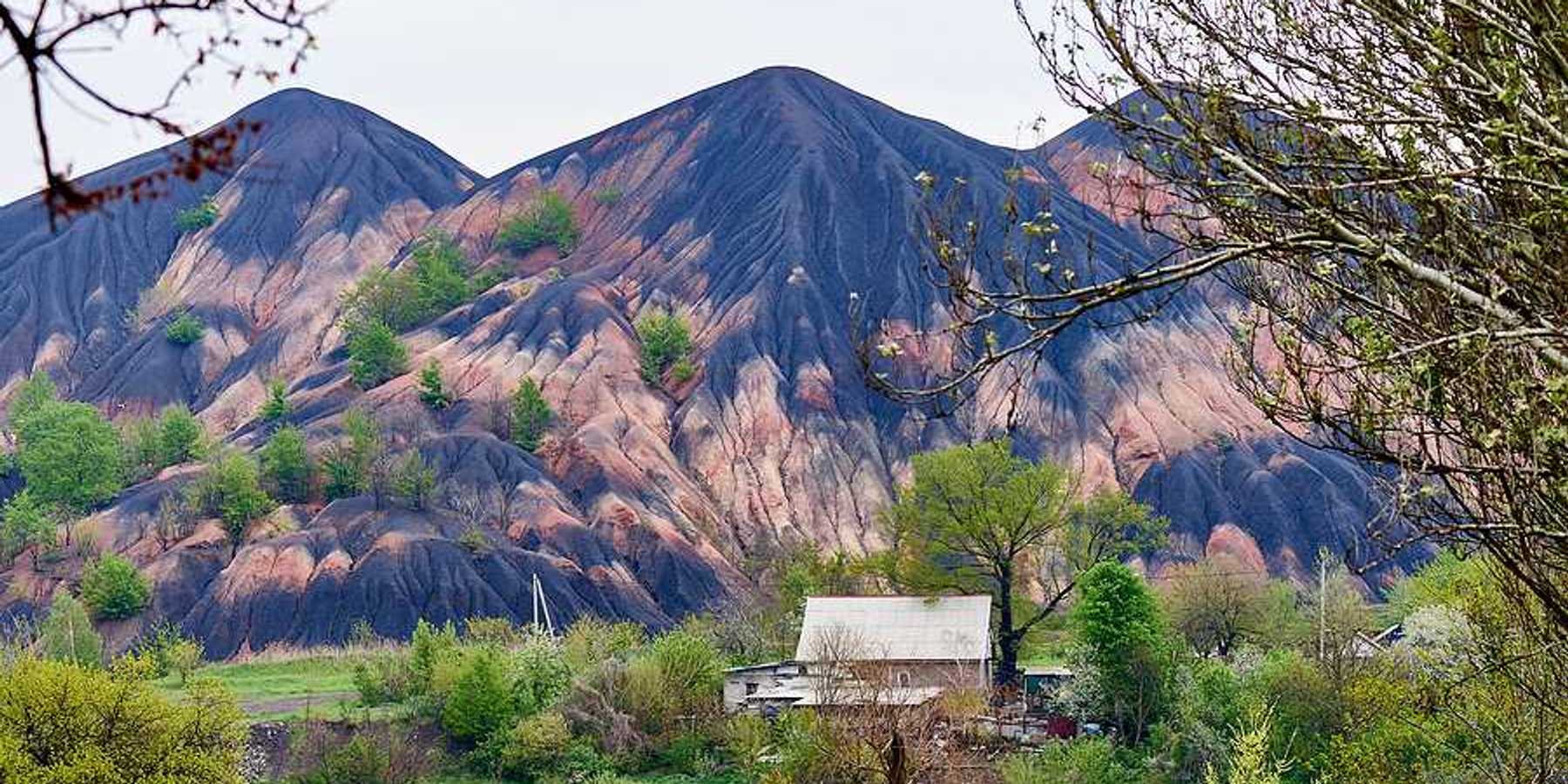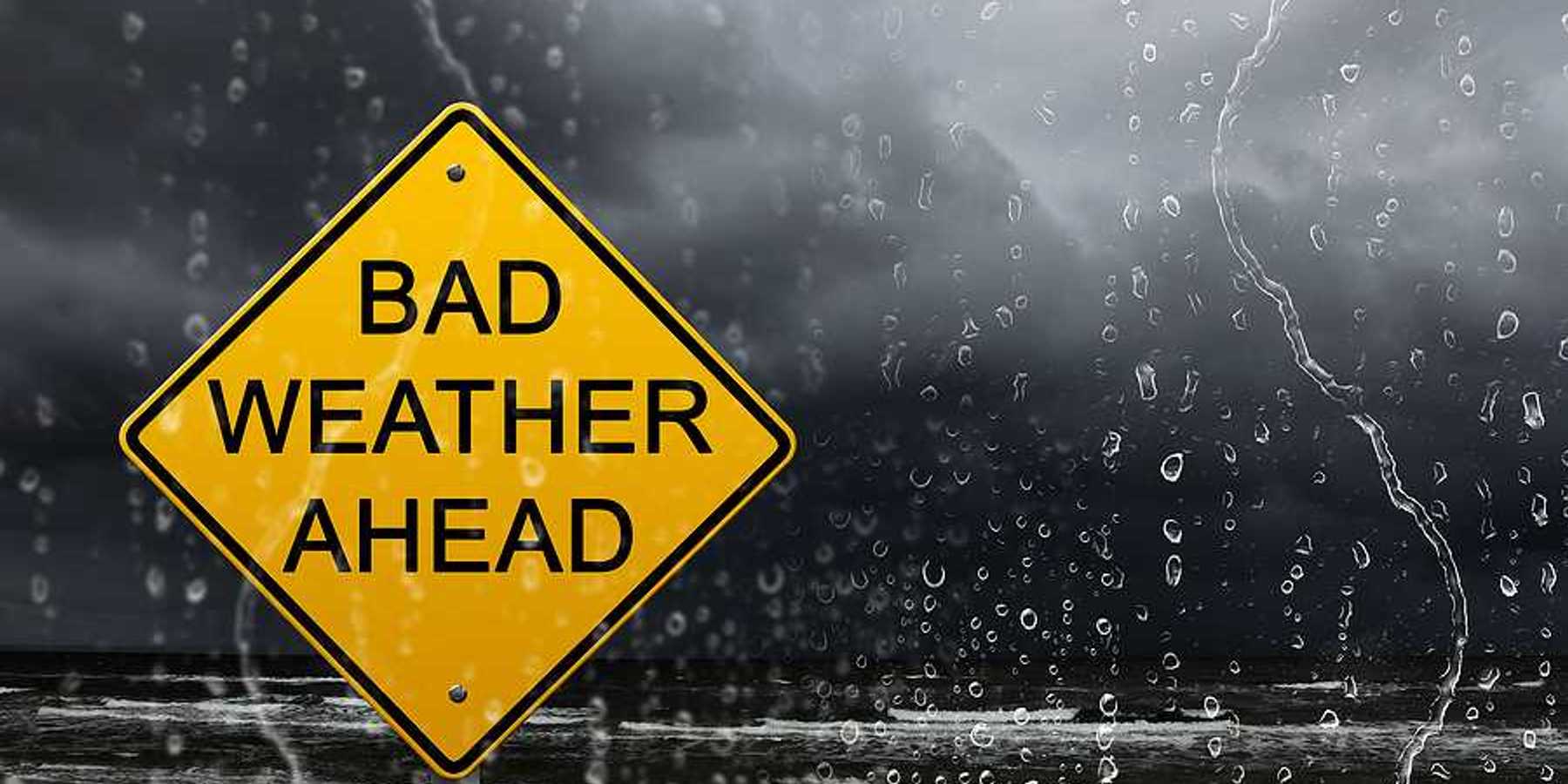
Peter Dykstra: Good news and hope on an otherwise gloomy beat
It's sometimes hard to find hope amid the news of environmental degradation. Here's some.
We try our best to present the honest news on environment, health and climate on these pages every day.
It's really not our fault that on balance, there's more bad news than good: Melting ice and permafrost, vanishing habitat, a crushing body burden of poisons from our chemical-laden lives. Some days EHN and The Daily Climate are more like The Daily Bummer.
But we should still occasionally take a break from the dreary drumbeat and look at the many steps forward in our fragile world. Here's a sampling of some progress.
I'll save some more for later, since we'll surely still need an antidote for eco-sadness.
Clean energy is not looking back
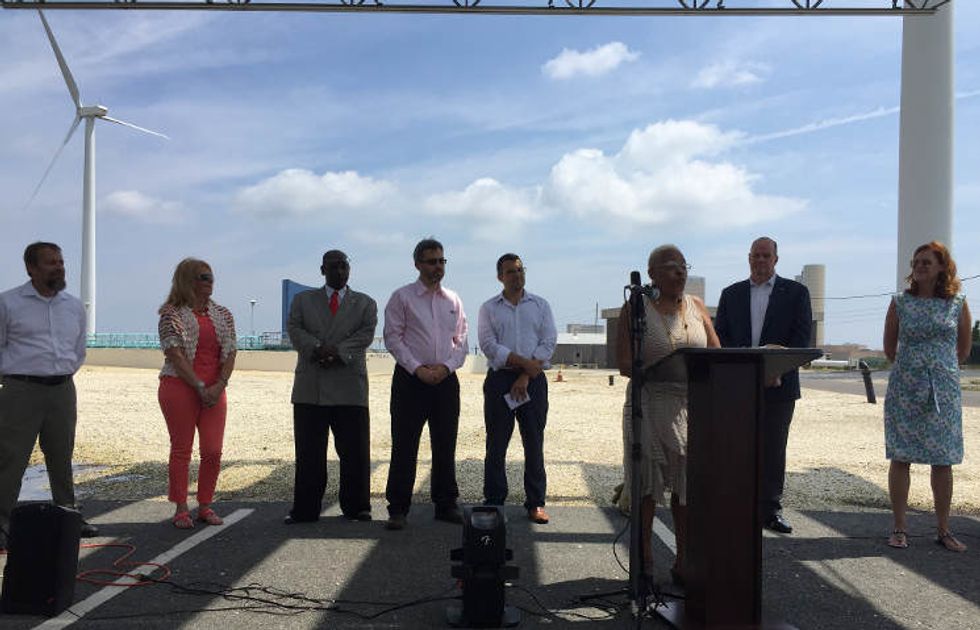
Credit: Edison Sub-District Office District 4 United Steelworkers
During the first "Energy Crisis" of the 1970's, President Richard Nixon dismissed calls for investment in wind and solar energy as an unrealistic pitch for technologies widely seen to be "30 years off."
Nearly 50 years later, we're about to make a semi-honest man out of Nixon, at least on this one point. China leads the world in solar energy development; in the U.S., Wal-Mart, long held as an environmental villain, has covered the roofs of its big box stores with solar panels.
Traditional oil and gas states like Texas and Oklahoma are cashing in on windpower, while offshore windfarms are jumping off the drawing board in New Jersey and New England.
Love that Dirty Water no more
The 1966 song "Dirty Water" immortalized the condition of Boston's Harbor and Charles River. Twenty-two years later, George H.W. Bush used Boston Harbor's filth as a campaign issue against Massachusetts Governor Mike Dukakis in the 1988 presidential race. Today, the Harbor is vastly cleaner, and this summer, humpback whales cavorted in that once-dirty water.
And the Hudson River is said to be its cleanest in 100 years. While still hosting PCB's dumped by two General Electric factories in the mid-twentieth centuries, the river sees fewer sewage and chemical discharges.
A few miles away, the Hackensack Meadowlands are recovering from more than two centuries of being on the receiving end of a massive industrial bowel movement from the Metro New York area.
Sewage, toxic chemicals, garbage, and the occasional Mafia corpse were Meadowlands trademarks. These days, you're more likely to see kayakers tracking migratory birds than the remains of Jimmy Hoffa. Last week, the annual Meadowlands Birding Festival drew hundreds of birders from all over the U.S.
Similarly, the decades-long cleanup of the Chesapeake Bay is paying off. The Bay's leading NGO says the Chesapeake is cleaner now than any point in the past 33 years.
Big (Green) Brother
Imagine you're a Texas State Trooper. Now imagine you're the only Texas State Trooper, responsible for patrolling from El Paso to Brownsville to Port Arthur to Lubbock and back again to catch speeders and other desperadoes.
The island nation of Palau had a problem with illegal fishing in its marine sanctuary, which is roughly the size of Texas. Palau's budget stretched to afford staffing one patrol boat.
Now imagine you've got an eye in the sky – satellite monitoring that can cover Palau's sprawling Pacific expanse. Environmental monitoring from the sky, pioneered by nonprofits like the West Virginia-based SkyTruth, can help snag today's eco-desperadoes – illegal logging, destructive mining, and pirate fishing.
In 2017, satellite monitoring helped the Palauans nab a pirate fleet from Vietnam. The mighty Palauan Navy seized the vessels and burned them.
Liberating rivers
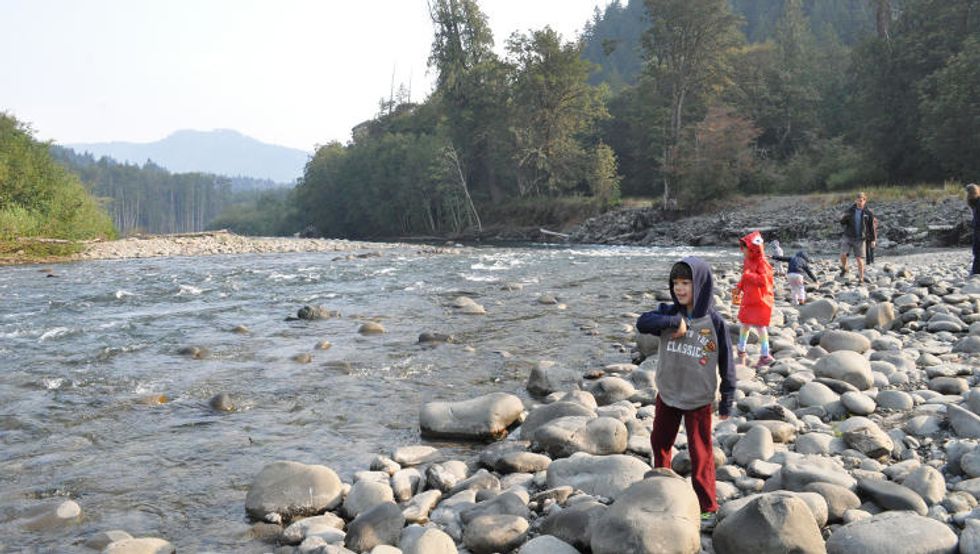
Credit: Pelennor/flickr
Work to remove two dams on the Elwha River in Washington State's Olympic Peninsula began in 2011. With nature taking the lead, both the riverbed and salmon runs are coming back. The Elwha and Glines Canyon dams were hydroelectric assets that grew obsolete over the decades.
In places like Maine's Penobscot River, ancient former industrial workhorse dams are coming down. Demolition of Maryland's Bloede Dam is underway this month.
On the Chattahoochee River, two more obsolete hydro dams were removed several years ago, creating a whitewater tourist attraction in downtown Columbus, Georgia. Another dam project is underway on the Oconee River, near the University of Georgia in Athens.
In Chile, the government yielded to public pressure in 2014, cancelling a multi-billion dollar project to build five dams on two pristine rivers in Patagonia.
So there you have a partial list of some of the breakthroughs and victories in environment and energy. I'm looking forward to writing about more, and would welcome your suggestions. My email is pdykstra@ehn.org
And when you're feeling cynical, remember this: If we play our cards right, all the acid we're putting in the ocean will eat all the plastic we're putting in the ocean.
*The song "Dirty Water" was performed by the Standells, a teenage garage band from L.A. that had never set foot in Boston or its filthy harbor. The song never made the Top Thirty, but remains as an anthem today for Boston sports teams. The video above shows also one of the worst efforts at lip-synching in history.



